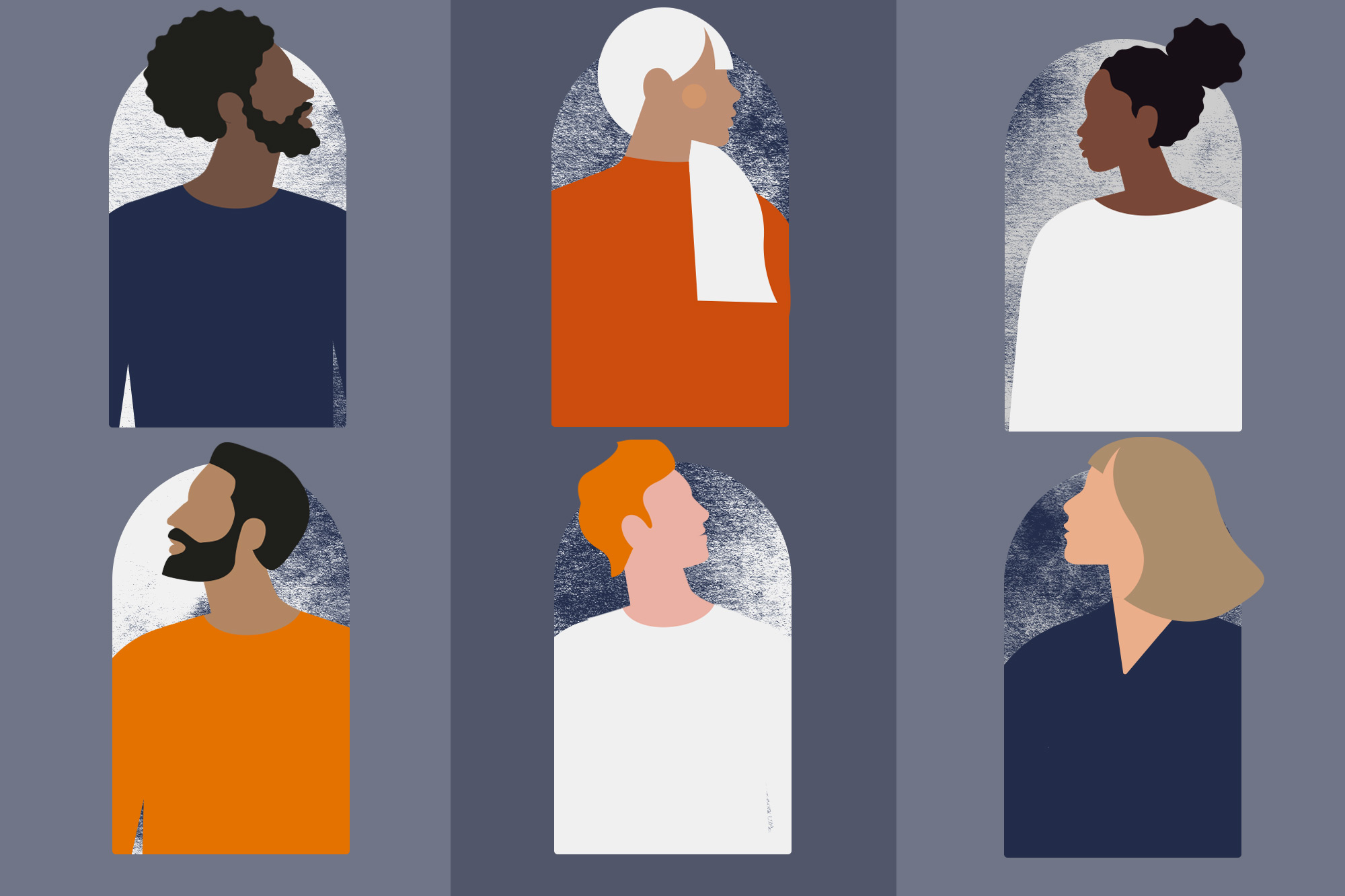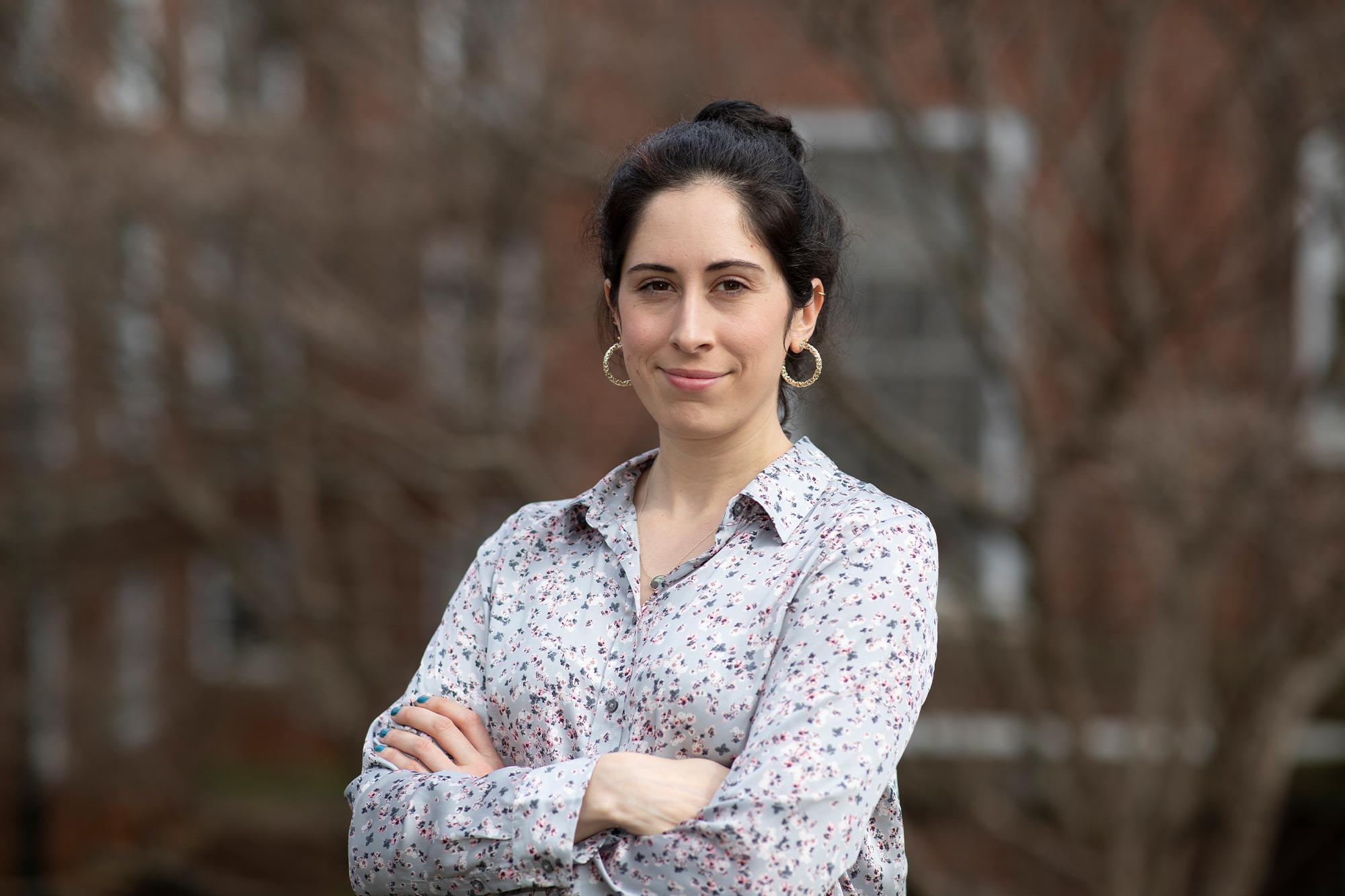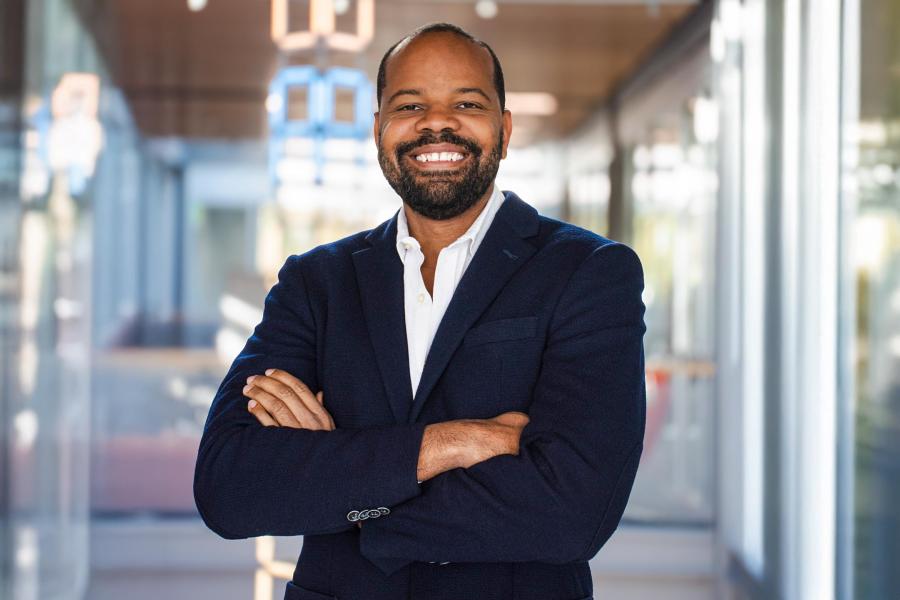It all started with a question: Does where you’re from determine how good you are at making social connections in newly formed groups?
With this query in mind, Adrienne Wood, director of the University of Virginia’s Emotion and Behavior Lab, dug into the social networks of more than 2,000 MBA candidates at a business school in the United States over a span of years.
Typically, Wood said, people tend to sort themselves into like groups. “We see this along almost any dimension that you could think of,” she said. “People of the same gender, people of the same race, ethnicity, religion, socioeconomic background, geographic origin, personality and behavioral habits, like ‘Do you smoke? Do you drink? Do you exercise?’
“So, within our MBA program, we see that international students tend to be friends with other international students,” she said. “Men tend to be friend with friends with men, and women with women, and so on and so forth.”
Some people are able to become friends with people from different segments of the population, they are “transcending differences and managing to find connections where other people might not have bothered or been interested in or been able to,” Wood said. They become “social brokers,” connecting otherwise unconnected groups.






